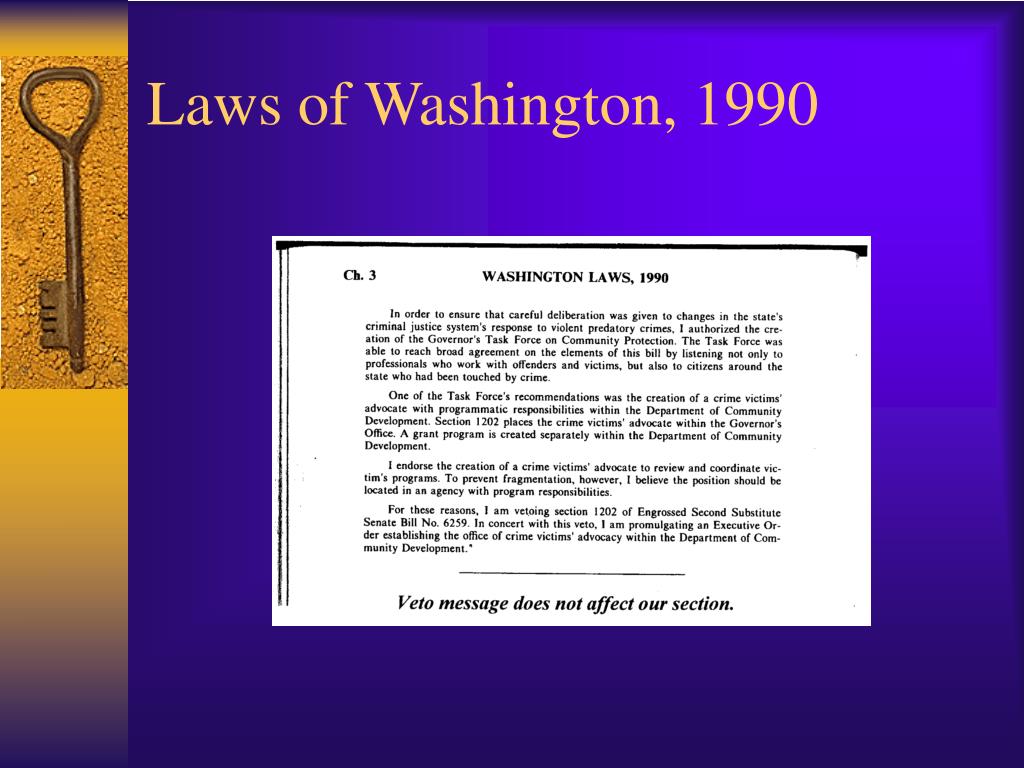Washington State Laws: Everything You Need to Know

Overview of Washington State Laws
Washington state laws cover a wide range of topics, including criminal law, family law, employment law, environmental law, and more. The Washington State Legislature is responsible for passing these laws, which are then signed into law by the governor.
Criminal Law
Washington state criminal law covers offenses such as assault, theft, and drug possession. Penalties for these offenses can range from fines and community service to imprisonment and even the death penalty.
Family Law
Washington state family law covers issues such as divorce, child custody, and adoption. These laws are designed to protect the best interests of children and ensure that families are treated fairly during legal proceedings.
Employment Law
Washington state employment law covers issues such as minimum wage, overtime pay, and workplace safety. These laws are designed to protect workers from exploitation and ensure that they are treated fairly by their employers.
Environmental Law
Washington state environmental law covers issues such as air and water pollution, hazardous waste disposal, and conservation. These laws are designed to protect the natural resources of the state and ensure that they are preserved for future generations.
Expanding on Washington State Employment Law
Washington state employment law is an important area of law that affects millions of workers in the state. In this section, we'll take a closer look at some of the key areas of this law.
Minimum Wage
The minimum wage in Washington state is $13.69 per hour, which is higher than the federal minimum wage of $7.25 per hour. This law is designed to ensure that workers in the state are paid a fair wage for their work.
Overtime Pay
Under Washington state law, non-exempt employees are entitled to overtime pay for any hours worked over 40 in a workweek. Overtime pay is calculated at one and a half times the employee's regular rate of pay.
Workplace Safety
Washington state law requires employers to provide a safe workplace for their employees. This includes providing safety training, maintaining safe equipment and machinery, and taking steps to prevent workplace accidents and injuries.
Pros and Cons of Washington State Laws
Like any set of laws, Washington state laws have their pros and cons. Here are some of the key advantages and disadvantages of these laws:
Pros
- Protect workers from exploitation and discrimination
- Ensure fair treatment in legal proceedings
- Protect natural resources and the environment
Cons
- Can be complex and difficult to understand
- May be costly to enforce and comply with
- Can be subject to political influence and bias
FAQ
Q: What is the minimum wage in Washington state?
A: The minimum wage in Washington state is $13.69 per hour.
Q: What is the penalty for drug possession in Washington state?
A: The penalty for drug possession in Washington state can vary depending on the type and amount of drug involved. Penalties can range from fines and community service to imprisonment.
Q: What is the process for adopting a child in Washington state?
A: The process for adopting a child in Washington state involves completing a home study, attending pre-adoption classes, and working with an adoption agency or attorney.
Q: What is the penalty for violating workplace safety laws in Washington state?
A: The penalty for violating workplace safety laws in Washington state can vary depending on the severity of the violation. Penalties can range from fines and citations to criminal charges.
